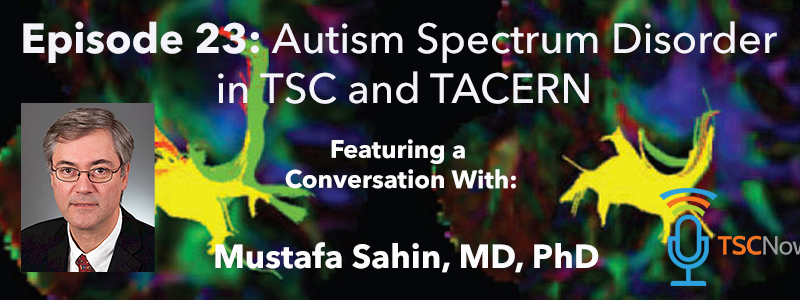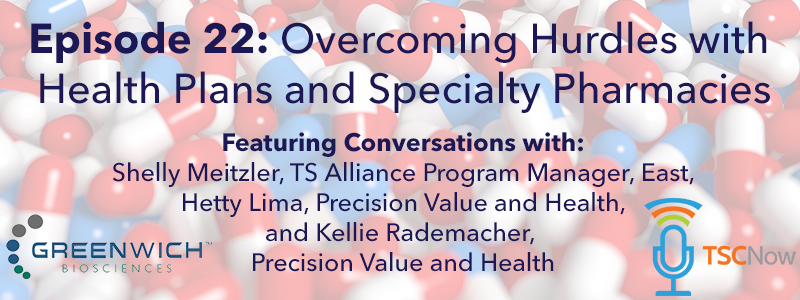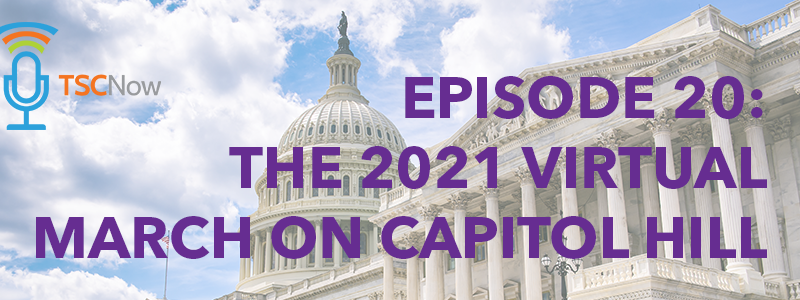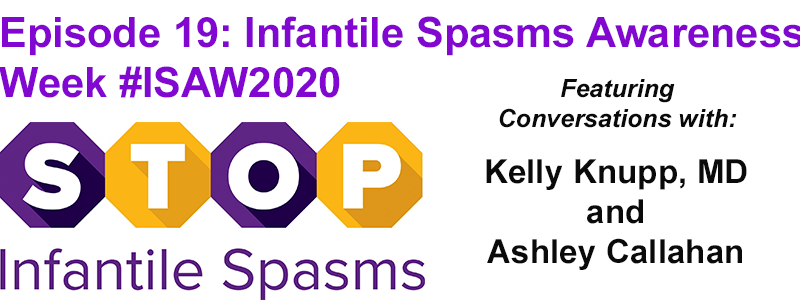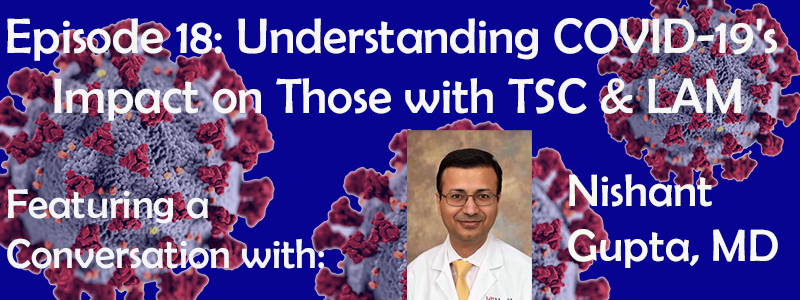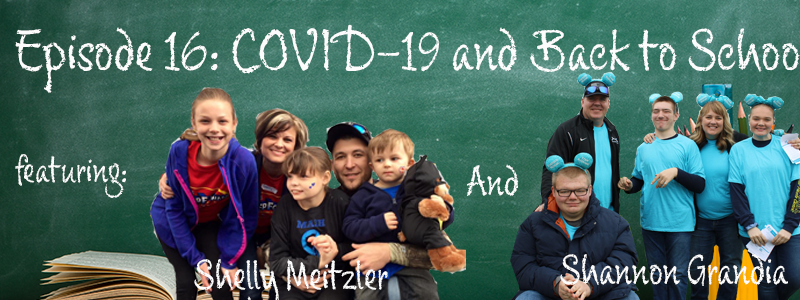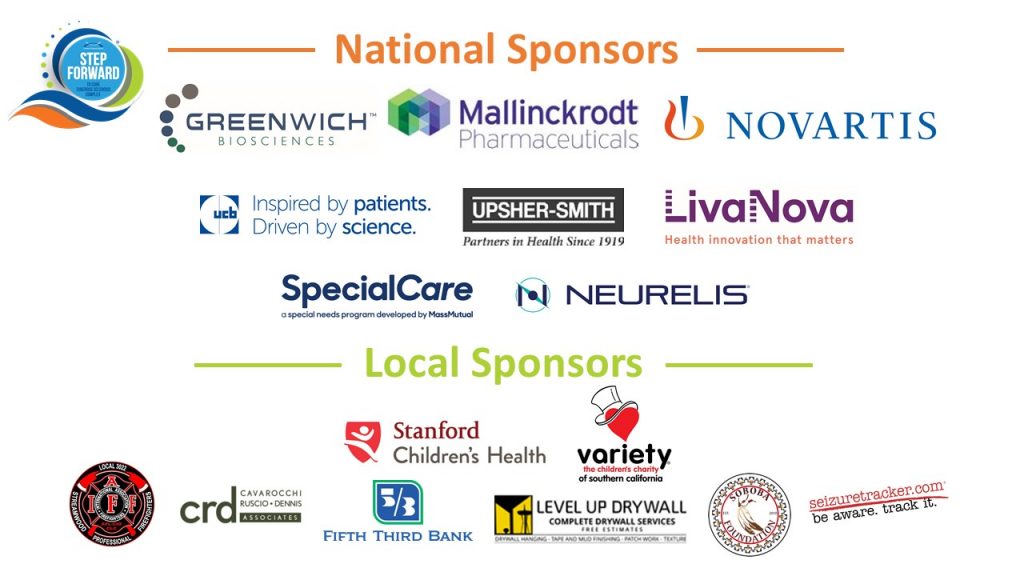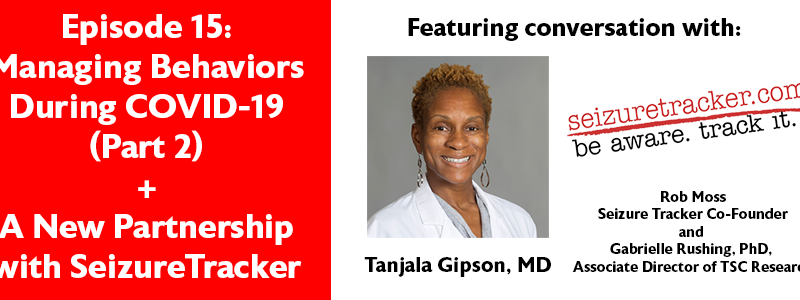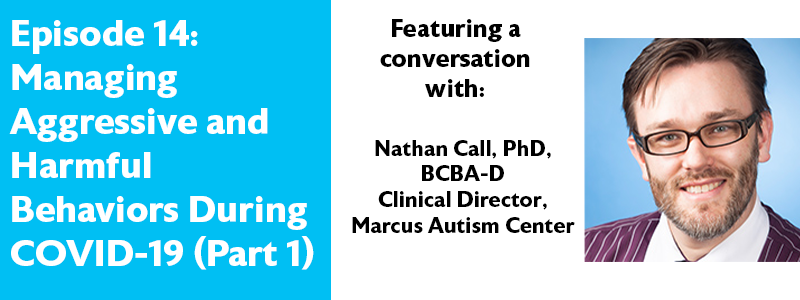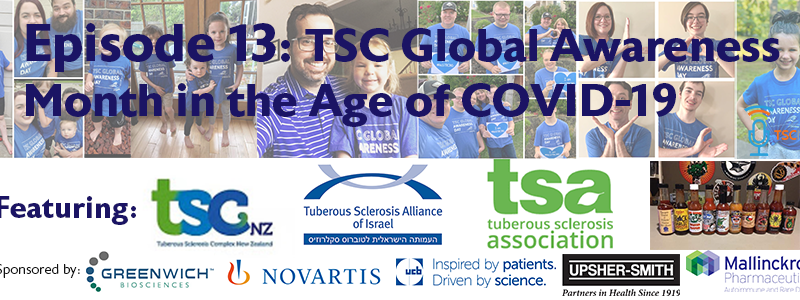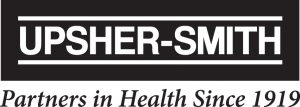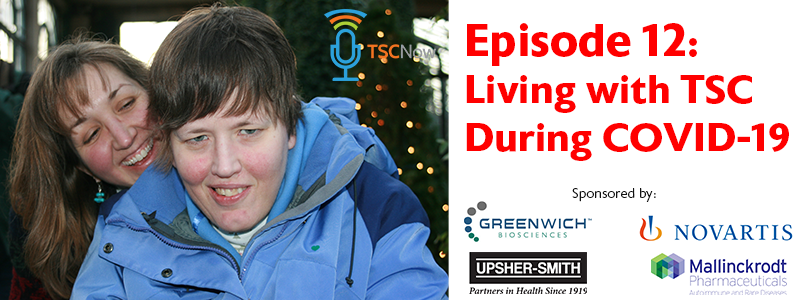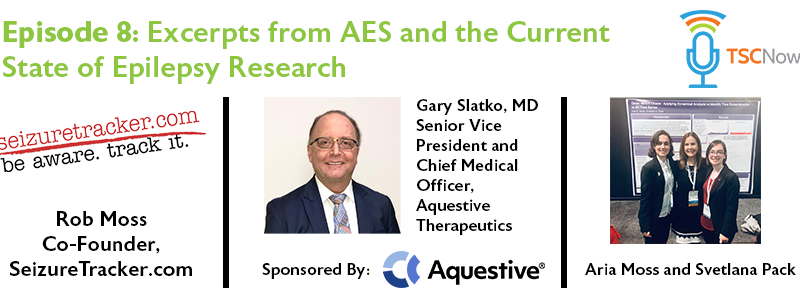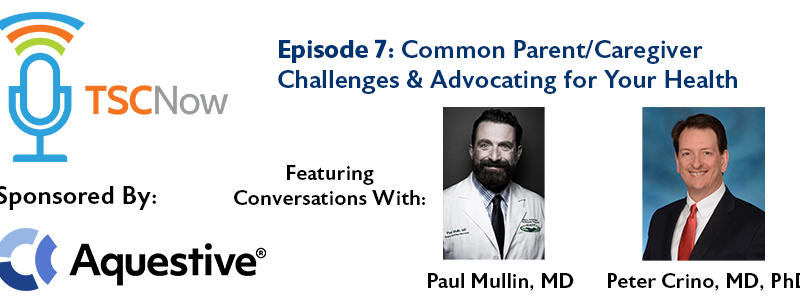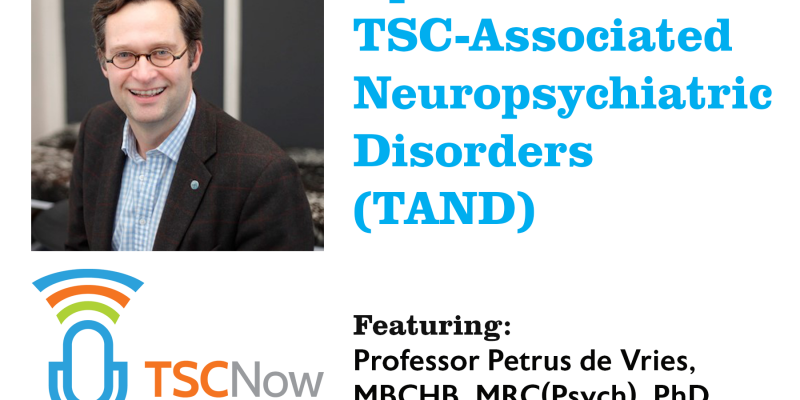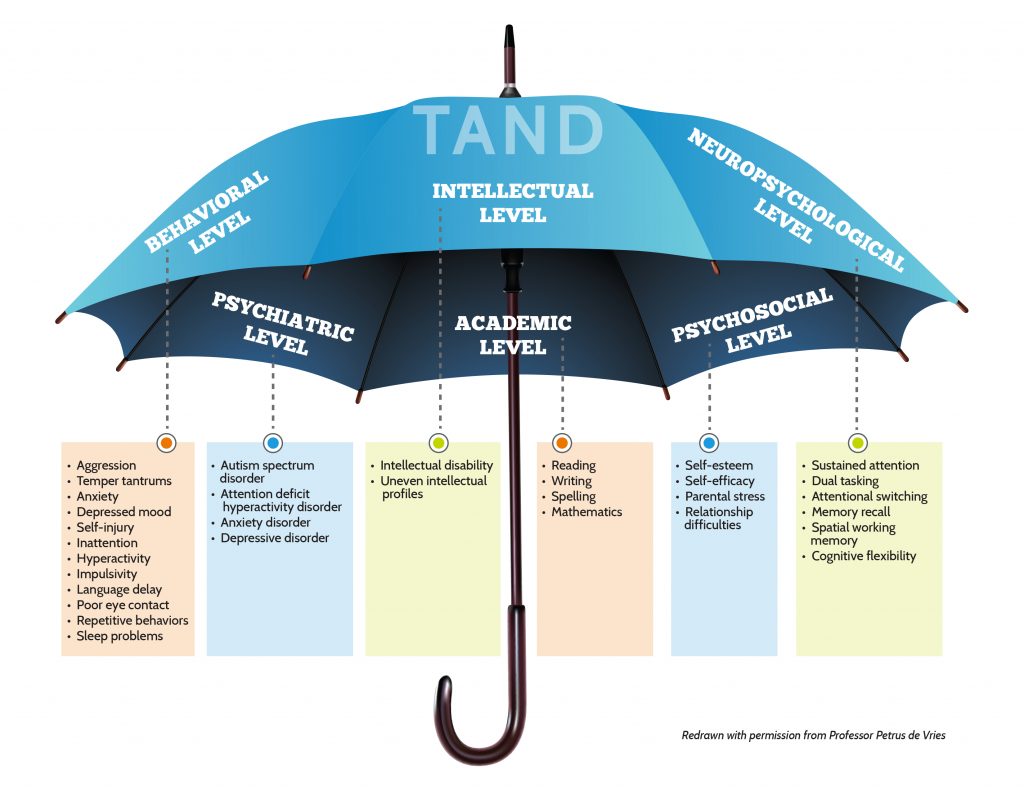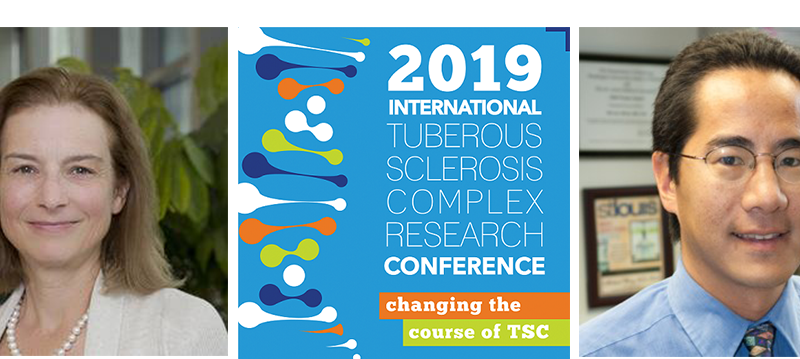Podcast: Play in new window | Download
Subscribe: Apple Podcasts | Spotify | Amazon Music | Blubrry | RSS | More
In Episode 23 of TSC Now, host Dan Klein recognizes World Autism Month and Autism Acceptance Month by learning more about autism spectrum disorder (ASD) in tuberous sclerosis complex (TSC). ASD occurs in nearly 50% of children with TSC, significantly higher the rate in the general population (roughly 1% worldwide). Additionally, there is a very clear link between ASD and cognitive impairment in TSC.
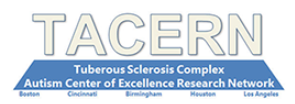 To better understand the connection between autism and TSC, and how ongoing research can help expand our knowledge of autism not just in TSC, but more generally, Dan spoke to Mustafa Sahin, MD, PhD, (02:11) Director of both the Translational Neuroscience Center and the Multi-Disciplinary Tuberous Sclerosis Program at Boston Children’s Hospital, and Professor of Neurology at Harvard Medical School. Dr. Sahin is one of the Principal Investigators of the TSC Autism Center of Excellence Research Network, otherwise known as TACERN. TACERN is a coalition of five research hospitals: Boston Children’s Hospital, Cincinnati Children’s Hospital Medical Center, University of Alabama at Birmingham, University of California at Los Angeles and University of Texas at Houston. The group was formed in 2012 and received a grant from the NIH to better understand autism in TSC and to identify potential biomarkers that could predict what children were at higher risk of cognitive manifestations. From that initial grant 80 papers have been published on a wide range of discoveries in TSC. Dr. Sahin shares some of the discoveries from the last decade, how discoveries made in autism in TSC have wider implications for autism in general, the current progress on identifying biomarkers, and what questions remain.
To better understand the connection between autism and TSC, and how ongoing research can help expand our knowledge of autism not just in TSC, but more generally, Dan spoke to Mustafa Sahin, MD, PhD, (02:11) Director of both the Translational Neuroscience Center and the Multi-Disciplinary Tuberous Sclerosis Program at Boston Children’s Hospital, and Professor of Neurology at Harvard Medical School. Dr. Sahin is one of the Principal Investigators of the TSC Autism Center of Excellence Research Network, otherwise known as TACERN. TACERN is a coalition of five research hospitals: Boston Children’s Hospital, Cincinnati Children’s Hospital Medical Center, University of Alabama at Birmingham, University of California at Los Angeles and University of Texas at Houston. The group was formed in 2012 and received a grant from the NIH to better understand autism in TSC and to identify potential biomarkers that could predict what children were at higher risk of cognitive manifestations. From that initial grant 80 papers have been published on a wide range of discoveries in TSC. Dr. Sahin shares some of the discoveries from the last decade, how discoveries made in autism in TSC have wider implications for autism in general, the current progress on identifying biomarkers, and what questions remain.
Finally, we are officially two weeks away from the Step Forward to Cure TSC® Global Virtual Walk-Run-Ride on May 15 and 16, coinciding with TSC Global Awareness Day. This historic, world-wide event will bring together thousands of people from across the globe, all working together to champion the Tuberous Sclerosis Alliance’s efforts to fund groundbreaking research, offer critically needed support programs and increase awareness. Our goal is to raise $700,000 toward that mission, and there is still time for you to donate, register and fundraise to help us hit that goal. However you participate, your support makes a tangible difference in the lives of everyone with TSC. Learn the many ways you can get involved at www.stepforwardtocuretsc.org. Thank you to both the National and Local sponsors for championing this amazing event!
National Sponsors
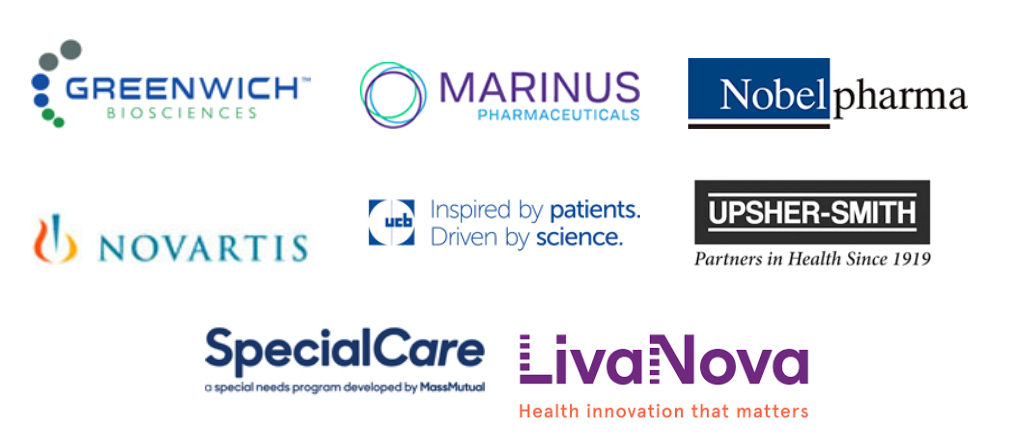
Local Sponsors
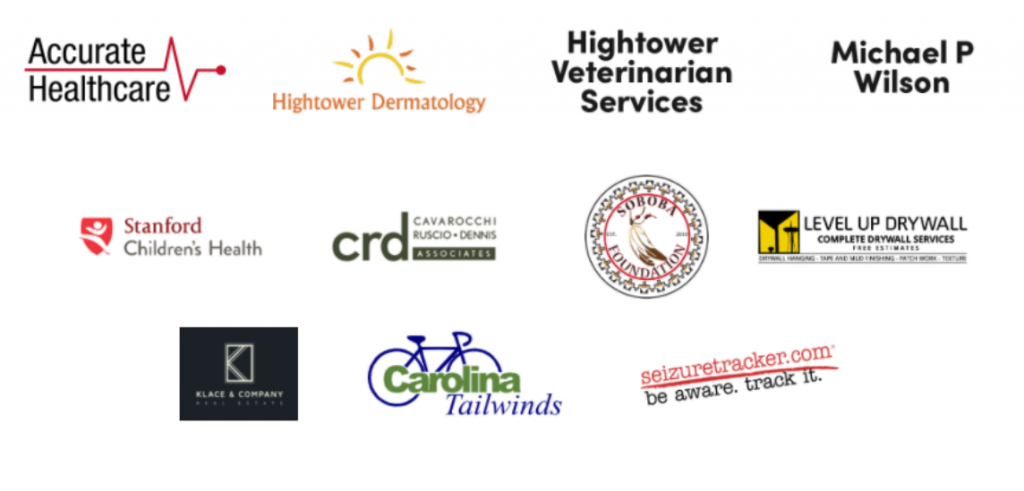
Resources and Links
- Learn the basics of autism in tuberous sclerosis complex: https://www.tsalliance.org/about-tsc/signs-and-symptoms-of-tsc/brain-and-neurological-function/tsc-and-autism-spectrum-disorders/
- Learn more about World Autism Month: https://www.autismspeaks.org/world-autism-month
- Learn more about Autism Acceptance Month: https://www.autism-society.org/get-involved/national-autism-awareness-month/
- Learn more about TACERN: http://tscstudy.com/
- Learn more about the Developmental Synaptopathies Consortium: https://www.rarediseasesnetwork.org/cms/dsc/
- Learn more about the current studies going on at the Sahin lab: http://sahin-lab.org/
- Re-Watch the 2021 E-Webinar TAND: Early Interventions featuring Drs. Shafali Jeste and Connie Kasari: https://youtu.be/BlTmJ4qUoMk
